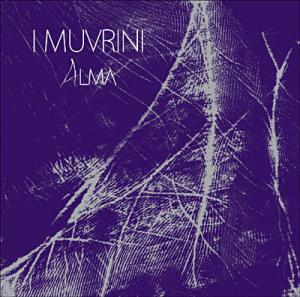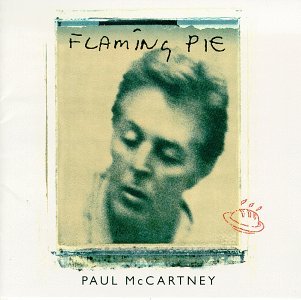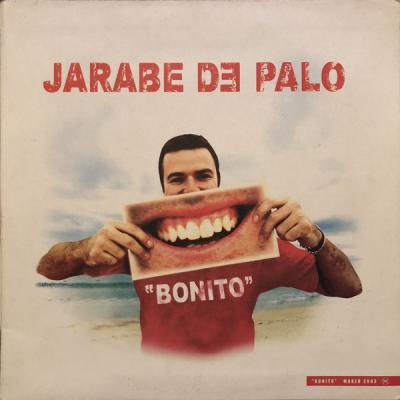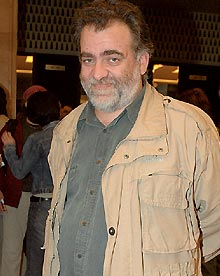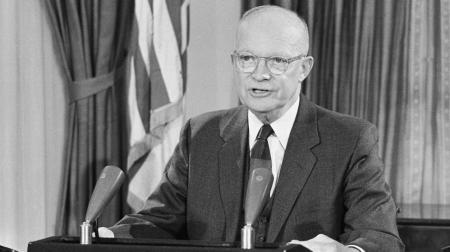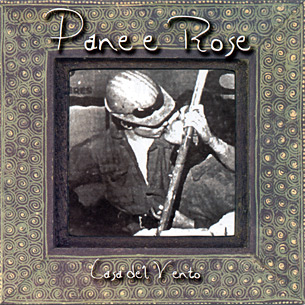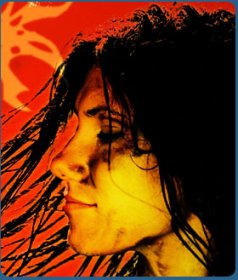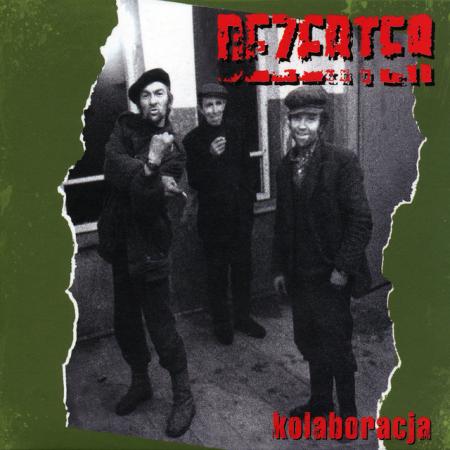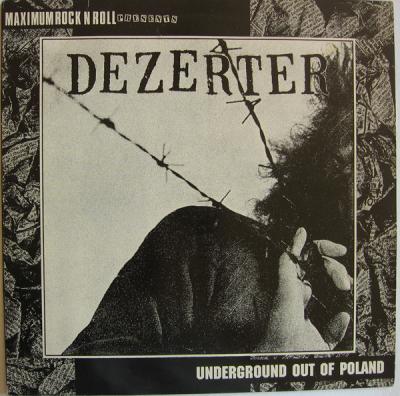Flowers of Saskatchewan
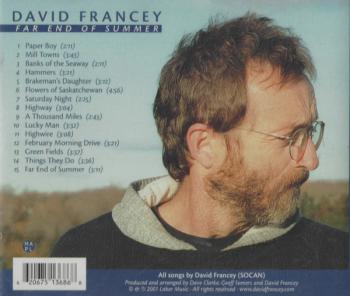
Da / From "Far End Of Summer" (2002)
The sun was shining on the English Channel
(Continues)
(Continues)
2005/9/8 - 23:56
Historien har visat

English version by laverdure
HISTORY HAS SHOWN
(Continues)
(Continues)
Contributed by laverdure 2005/9/8 - 17:11
Tiden förändras

English version by laverdure
THE TIMES CHANGE
(Continues)
(Continues)
Contributed by laverdure 2005/9/8 - 17:10
Il mondo che vorrei

Album: Le cose che vivi (1996)
Quante volte ci ho pensato su,
(Continues)
(Continues)
Contributed by Francesco91 2005/9/8 - 12:34
We've just learnt the news of Sergio Endrigo's death in Rome. He was 72. Farewell, Sergio, and thank you for all what you gave to us.
Riccardo Venturi 2005/9/7 - 21:19
Człowiek
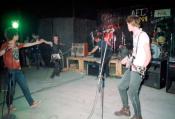
[1990]
Dall'album "Wszyscy przeciwko wszystkim"
L'uomo e dintorni secondo i Dezerter, i cui testi sono regolarmente caratterizzati da una notevole stringatezza (qui accentuata dalla struttura a "Kettenlied" o canzone a catena).
Dall'album "Wszyscy przeciwko wszystkim"
L'uomo e dintorni secondo i Dezerter, i cui testi sono regolarmente caratterizzati da una notevole stringatezza (qui accentuata dalla struttura a "Kettenlied" o canzone a catena).
Człowiek jest miłością
(Continues)
(Continues)
Contributed by Riccardo Venturi 2005/9/7 - 11:14
Stranizza d'amuri

ma all'estero lo sanno che abbiamo un cantante così? Credo sappiano solo della pausini e di ramazzotti.
La canzone scorre naturalmente, sembra che duri 5 secondi, è proprio bella...non credevo fosse tanto indietro negli anni...
La canzone scorre naturalmente, sembra che duri 5 secondi, è proprio bella...non credevo fosse tanto indietro negli anni...
andrea, genova 2005/9/7 - 05:26
Leyenda del águila
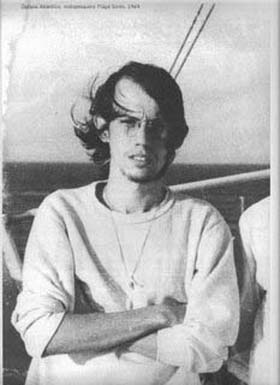
«Del año 64 o 65 que empiezo a componer ya rítmicamente, al año 67 que me desmovilizo, hice una buena cantidad de canciones. En los primeros años fui muy prolífico. Generalmente, estas eran canciones de amor, no crónicas sociales. Sin embargo, en esa época escribí mis primeras canciones de contenido social. La primera fue una canción contra la discriminación racial en Estados Unidos que se llama «¿Por qué?», y la segunda fue una canción contra la guerra de Vietnam, «La Leyenda del Águila». Después escribí otras contra la guerra de Vietnam.»
(Extractos de una entrevista a Silvio Rodriguez conducida por Rina Bermayor, La Habana, Cuba, Marzo 1980)
(Extractos de una entrevista a Silvio Rodriguez conducida por Rina Bermayor, La Habana, Cuba, Marzo 1980)
Voy a cantar
(Continues)
(Continues)
2005/9/7 - 00:02
Song Itineraries:
War in Viet Nam as seen from Italy and from the rest of the world
How Many
[2003]
Testo ripreso da
Lyrics available at
http://polsong.gcal.ac.uk/songs/rev1.html
"Before America declared war on Iraq in 2003, I began writing a poem about my feeling. We were still at war in Afghanistan, and it was a little over a decade ago that we have been fighting Iraq before. I felt disgusted that within the first few years of the new millennium, America would set a tone of aggression, violence, revenge, and selfishness for the 'new American century'. How dumb are we? What did we learn during the bloody 20th century? Two world wars? Atomic weapons? How could we possibly start off the next 100 years by fighting TWO wars? A war in a country that had done nothing to us? 'How many more gotta die?' I asked. How many more mothers gotta cry? It was a protest of war. Well, of course we DID go to war in Iraq. And the song changed scope, and as no longer simply about war, and became a protest song. When history begins repeating itself, one has to ask oneself, 'How Many More?'"
Testo ripreso da
Lyrics available at
http://polsong.gcal.ac.uk/songs/rev1.html
"Before America declared war on Iraq in 2003, I began writing a poem about my feeling. We were still at war in Afghanistan, and it was a little over a decade ago that we have been fighting Iraq before. I felt disgusted that within the first few years of the new millennium, America would set a tone of aggression, violence, revenge, and selfishness for the 'new American century'. How dumb are we? What did we learn during the bloody 20th century? Two world wars? Atomic weapons? How could we possibly start off the next 100 years by fighting TWO wars? A war in a country that had done nothing to us? 'How many more gotta die?' I asked. How many more mothers gotta cry? It was a protest of war. Well, of course we DID go to war in Iraq. And the song changed scope, and as no longer simply about war, and became a protest song. When history begins repeating itself, one has to ask oneself, 'How Many More?'"
Chorus:
(Continues)
(Continues)
Contributed by Riccardo Venturi 2005/9/6 - 09:59
Homeland Security
[2003]
Lyrics and Music by Dan Reich
Testo e musica di Dan Reich
Testo ripreso da
Lyrics available at
http://polsong.gcal.ac.uk/songs/reich.html
"Homeland Security was one of about a dozen songs I wrote in 2002/3, having to do with aspects of American culture I found disturbing. They became my first CD, Bigger is Better. Other songs on the disc take on corporate greed, fast food, SUVs, religious intolerance and the pharmaceutical industry." - Dan Reich
Lyrics and Music by Dan Reich
Testo e musica di Dan Reich
Testo ripreso da
Lyrics available at
http://polsong.gcal.ac.uk/songs/reich.html
"Homeland Security was one of about a dozen songs I wrote in 2002/3, having to do with aspects of American culture I found disturbing. They became my first CD, Bigger is Better. Other songs on the disc take on corporate greed, fast food, SUVs, religious intolerance and the pharmaceutical industry." - Dan Reich
Chorus:
(Continues)
(Continues)
Contributed by Riccardo Venturi 2005/9/6 - 09:54
Cuore di pace
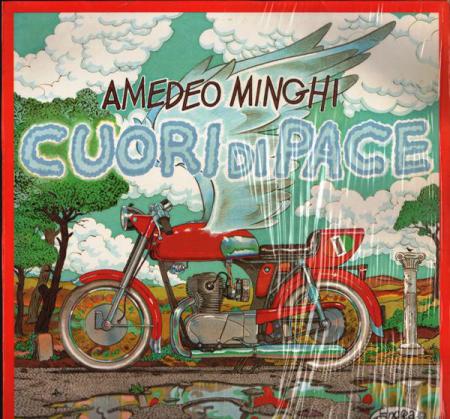
1986
Lo chiamavano cuore di pace ed era nato alto forte e bello
(Continues)
(Continues)
Contributed by Sonia 2005/9/6 - 09:18
La classifica

da "Unò, Dué" (2002)
"È più importante il sangue o il prezzo delle armi che vendiamo?" si chiede Silvestri in questa canzone, ritratto impietoso del nostro "stile di vita occidentale", una serie di domandine apparentemente innocenti...
"È più importante il sangue o il prezzo delle armi che vendiamo?" si chiede Silvestri in questa canzone, ritratto impietoso del nostro "stile di vita occidentale", una serie di domandine apparentemente innocenti...
Si-gnorina
(Continues)
(Continues)
Contributed by Lorenzo Masetti 2005/9/5 - 20:23
God Bless America
Sometimes I wake up in the mornin', and I don't know who I am.
(Continues)
(Continues)
Contributed by Riccardo Venturi 2005/9/5 - 16:56
Get Me To My War On Time
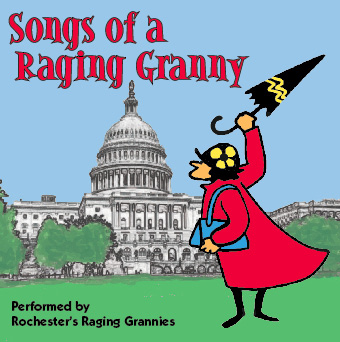
[2002]
Scritta insieme a Ken e Jenny Levens
Written together with Ken and Jenny Levens
Testo ripreso da:
Lyrics available at:
Centre For Political Song
Scritta insieme a Ken e Jenny Levens
Written together with Ken and Jenny Levens
Testo ripreso da:
Lyrics available at:
Centre For Political Song
Get me a war on in the morning.
(Continues)
(Continues)
Contributed by Riccardo Venturi 2005/9/5 - 16:48
Lili Marleen [Lied eines jungen Wachtpostens]
![Lili Marleen [Lied eines jungen Wachtpostens]](img/thumb/c1600_130x140.jpeg?1328915965)
Versione italiana di Monia Verardi di "Čekam te"
English version of "Čekam te": first and last verse from the article by Svanibor Pettan; central verses translated by Lorenzo Masetti (from the italian version)
Versione italiana della parodia guerrafondaia di Lorenzo Masetti (dalla versione inglese)
English version of the pro-war parody from the aricle by Svanibor Pettan
English version of "Čekam te": first and last verse from the article by Svanibor Pettan; central verses translated by Lorenzo Masetti (from the italian version)
Versione italiana della parodia guerrafondaia di Lorenzo Masetti (dalla versione inglese)
English version of the pro-war parody from the aricle by Svanibor Pettan
1. TI ASPETTO
(Continues)
(Continues)
2005/9/5 - 15:14
Dopiero tuż nad ziemią
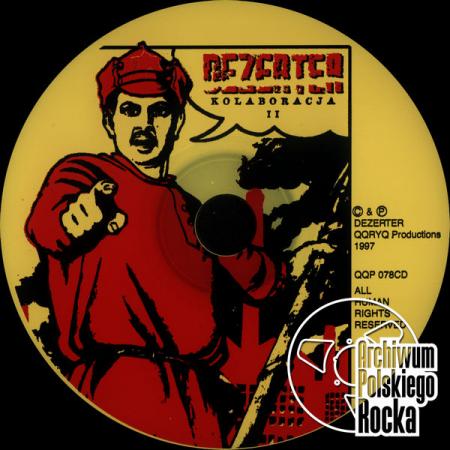
[1989]
Dall'album "Kolaboracja II"
[Verrà quanto prima inserita una traduzione italiana.]
Dall'album "Kolaboracja II"
[Verrà quanto prima inserita una traduzione italiana.]
Gdzieś pod ziemią walka trwa
(Continues)
(Continues)
Contributed by Riccardo Venturi 2005/9/4 - 23:50
Nienawiść i wojna
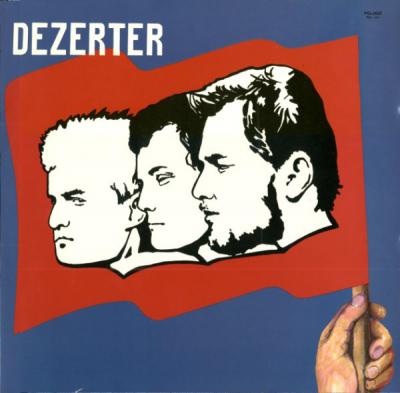
[1989]
Dall'album "Kolaboracja II"
[Verrà quanto prima inserita una traduzione; il titolo significa "Ignoranza e guerra".]
Dall'album "Kolaboracja II"
[Verrà quanto prima inserita una traduzione; il titolo significa "Ignoranza e guerra".]
Po co walczą armie?
(Continues)
(Continues)
Contributed by Riccardo Venturi 2005/9/4 - 23:46
Conversation Peace

da "Conversation Peace" (1995)
Staring right at 2000 AD
(Continues)
(Continues)
2005/9/4 - 23:45
Front Line
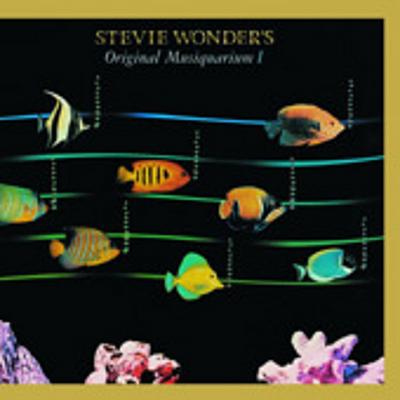
da Stevie Wonder's Original Musiquarium (1982)
I am a veteran of the war
(Continues)
(Continues)
2005/9/4 - 23:42
Song Itineraries:
War in Viet Nam as seen from the U.S.
Too Many Puppies
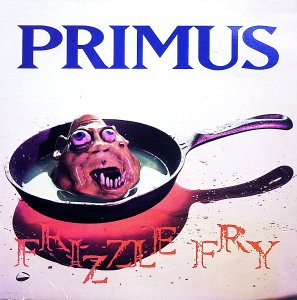
Album: Frizzle Fry (1990)
"The song is mostly about the band's reflection on war, and how many soldiers are too young to go off to war, parodying the idea of "the dogs of war" by claiming the dogs are merely puppies. The song was written shortly before the first Persian Gulf War and was about violence in the Middle East during the time period."
(fonte: en.wikipedia)
(Alessandro)
"The song is mostly about the band's reflection on war, and how many soldiers are too young to go off to war, parodying the idea of "the dogs of war" by claiming the dogs are merely puppies. The song was written shortly before the first Persian Gulf War and was about violence in the Middle East during the time period."
(fonte: en.wikipedia)
(Alessandro)
Too many puppies are being shot in the dark.
(Continues)
(Continues)
2005/9/4 - 23:24
Deja Vu (All Over Again)
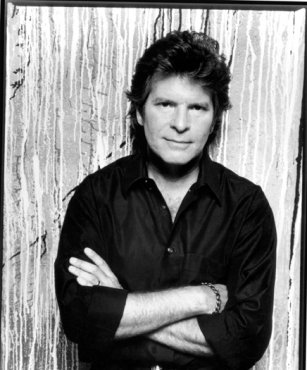
Lo abbiamo già visto e sentito, quel mormorìo che si trasforma in voce. Voce di dentro e dolore pubblico, fantasmi di guerra che risorgono con il pianto delle madri. È questo il tema di “Deja Vu All Over Again”, canzone che dà il titolo al nuovo album di John Fogerty, il primo dopo sette anni. Una canzone contro la guerra in Iraq, che ha fatto tornare alle cronache il nome dello storico leader dei Creedence Clearwater Revival. Fogerty, per giunta, è stato tra i partecipanti al tour anti-Bush Vote For Change.
(Gerardo Panno)
(Gerardo Panno)
Did you hear 'em talkin' 'bout it on the radio
(Continues)
(Continues)
2005/9/4 - 23:07
This War

"Avrei voluto che Bush avesse trattato l'Iraq come avrebbe trattato un'emergenza in Louisiana"... fa impressione rileggere questa dichiarazione oggi, quando Bush ha trattato l'emergenza in Louisiana esattamente come l'Iraq!
Lorenzo Masetti 2005/9/4 - 22:56
Giovanni

da "Ho un sogno" (2003)
La canzone riporta la storia di Giovanni Dalle Bande Nere, capitano di una schiera di soldati dell’esercito pontificio, e poi la morte di un altro Giovanni, un moderno pilota di aerei Tornado.
L'introduzione parlata è tratta dal film Il mestiere delle armi di Ermanno Olmi, che narra degli ultimi giorni di vita del condottiero Giovanni delle Bande Nere. Si tratta di una traduzione dei primi sei versi (escluso il secondo) della decima elegia del primo libro di Albio Tibullo.
La canzone riporta la storia di Giovanni Dalle Bande Nere, capitano di una schiera di soldati dell’esercito pontificio, e poi la morte di un altro Giovanni, un moderno pilota di aerei Tornado.
L'introduzione parlata è tratta dal film Il mestiere delle armi di Ermanno Olmi, che narra degli ultimi giorni di vita del condottiero Giovanni delle Bande Nere. Si tratta di una traduzione dei primi sei versi (escluso il secondo) della decima elegia del primo libro di Albio Tibullo.
(Continues)
2005/9/4 - 22:50
Il giornalista

(1961)
Testo di Gianni Rodari
Musica di Fausto Amodei
Testo di Gianni Rodari
Musica di Fausto Amodei
"Sempre sulla scia dei Cantacronache, nel ’61 Margot Galante Garrone incide un disco di canzoni per bambini su testi di Gianni Rodari, fra cui questa, musicata da Fausto Amodei, un messaggio volutamente ma provocatoriamente ingenuo."
(Enrico de Angelis, da Mille papaveri rossi - La pace nella canzone italiana)
(Enrico de Angelis, da Mille papaveri rossi - La pace nella canzone italiana)
O giornalista, inviato speciale,
(Continues)
(Continues)
2005/9/4 - 18:28
Clochard

Seduto sul fiume col cuore spezzato
(Continues)
(Continues)
2005/9/4 - 18:03
Song Itineraries:
Deserters
Roses

from A Crash Course in Roses (1998)
Words and music by Catie Curtis
Words and music by Catie Curtis
Am I the kind of brother who would leave you
(Continues)
(Continues)
2005/9/3 - 21:32
Done With Bonaparte
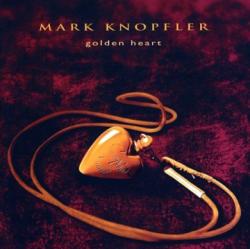
da "Golden Heart" (1996), il primo album solista dopo lo scioglimento dei Dire Straits
Interpretata anche insieme a Emmylou Harris
Interpretata anche insieme a Emmylou Harris
We've paid in hell since Moscow burned
(Continues)
(Continues)
2005/9/3 - 21:26
Wasn't that a time
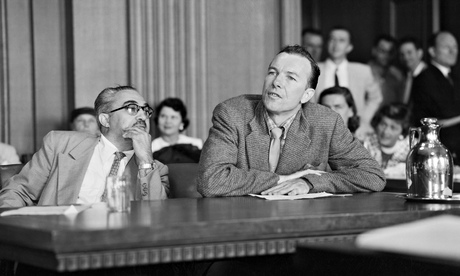
[1950?]
Scritta da Lee Hayes (1914-1981)
Musica de The Weavers
Testo trovato sul blog francese Folk & Politique e controllato all’ascolto.
Il brano si trova in “The Weavers On Tour” del 1957 ma divenne famoso nel 1955 quando Pete Seeger si offrì di cantarlo di fronte alla HCUA, la commissione d’inchiesta sulle attività antiamericane, presso la quale era stato convocato, come tanti altri artisti, per via della sua precedente appartenenza al Partito comunista e per le sue idee. Pete Seeger venne poi condannato ad un anno di reclusione (pena in seguito annullata dalla Corte Suprema) e tra i capi d’imputazione c’era proprio aver più volte interpretata una canzone come “Wasn’t That a Time”.
Che poi è più che altro una canzone patriottica, ma non del patriottismo becero ed utilitarista dei “fascisti” di ogni luogo... Si parte infatti con la celebrazione di due momenti fondanti la storia... (Continues)
Scritta da Lee Hayes (1914-1981)
Musica de The Weavers
Testo trovato sul blog francese Folk & Politique e controllato all’ascolto.
Il brano si trova in “The Weavers On Tour” del 1957 ma divenne famoso nel 1955 quando Pete Seeger si offrì di cantarlo di fronte alla HCUA, la commissione d’inchiesta sulle attività antiamericane, presso la quale era stato convocato, come tanti altri artisti, per via della sua precedente appartenenza al Partito comunista e per le sue idee. Pete Seeger venne poi condannato ad un anno di reclusione (pena in seguito annullata dalla Corte Suprema) e tra i capi d’imputazione c’era proprio aver più volte interpretata una canzone come “Wasn’t That a Time”.
Che poi è più che altro una canzone patriottica, ma non del patriottismo becero ed utilitarista dei “fascisti” di ogni luogo... Si parte infatti con la celebrazione di due momenti fondanti la storia... (Continues)
Our fathers bled at Valley Forge
(Continues)
(Continues)
Contributed by anonimo & Bartleby 2005/9/3 - 19:27
La guerra di Piero by Fabrizio de André in Japanese and Chinese. The translators, Ms Satsuo Tsemisaburo and Ms Chang Tsin Lie, are planning other translations in their native languages.
Riccardo Venturi 2005/9/3 - 18:58
I Did Not Raise My Boy To Be A Soldier

NON HO CRESCIUTO IL MIO RAGAZZO PER ESSERE UN SOLDATO
(Continues)
(Continues)
2005/9/3 - 18:52
La guerra di Piero

CINESE / CHINESE - Chang Tsin Lie
Versione cinese (semplificata) di Chang Tsin Lie, ricevuta il 3 settembre 2005
Simplified Chinese version by Chang Tsin Lie, received on September 3, 2005
Version en chinois simplifié de Chang Tsin Lie, reçue le 3 septembre 2005
被简化的汉语版本接受在2005 年9月3 日
Simplified Chinese version by Chang Tsin Lie, received on September 3, 2005
Version en chinois simplifié de Chang Tsin Lie, reçue le 3 septembre 2005
被简化的汉语版本接受在2005 年9月3 日
一个无名的战士的歌曲
(Continues)
(Continues)
Contributed by Riccardo Venturi 2005/9/3 - 18:51
×
![]()

